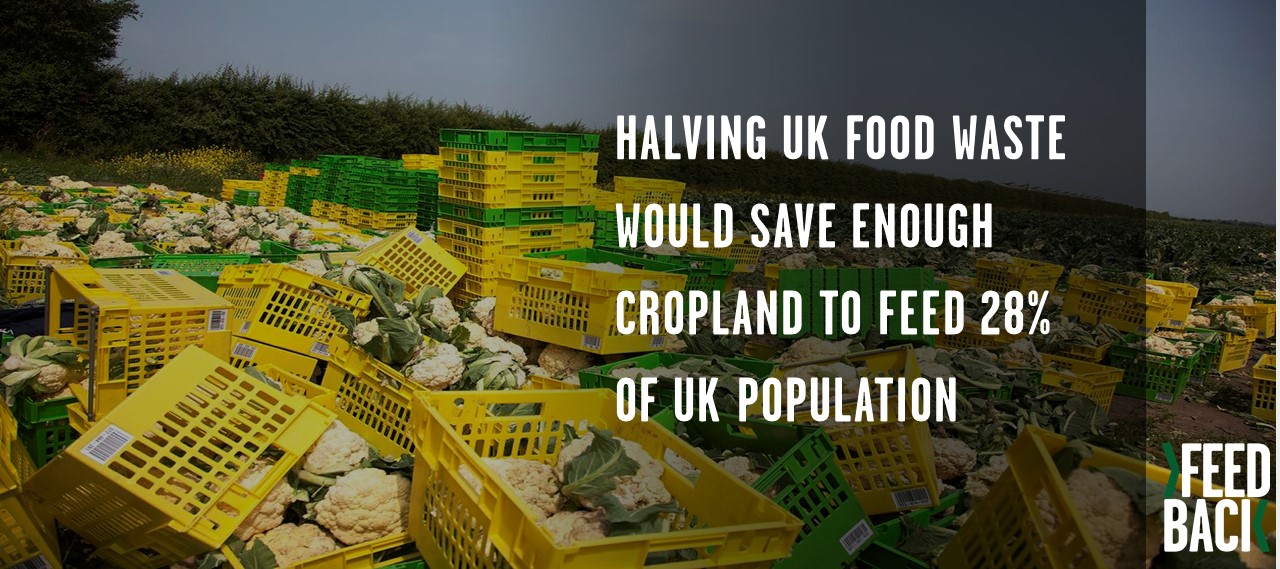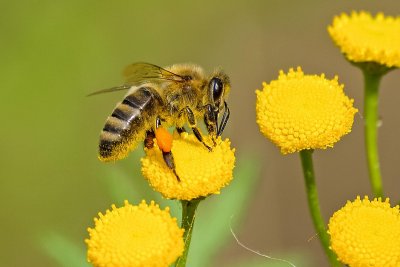News • Sustainable Farming Campaign
Bad Energy report shows energy from Anaerobic Digestion not the climate and nature solution
Feedback’s new report ‘Bad Energy’ explores the role of biogas in a net zero future. Anaerobic digestion (AD) has been touted as an environmental silver bullet, providing renewable energy in the form of biogas from organic materials including food waste and crops.

Feedback’s new report ‘Bad Energy’ explores the role of biogas in a net zero future. Anaerobic digestion (AD) has been touted as an environmental silver bullet, providing renewable energy in the form of biogas from organic materials including food waste and crops. However, our research shows that its benefits have been vastly overstated – and pursuing AD as part of the UK’s environmental policy could actively hamper progress towards reaching net zero carbon emissions.
Based on a Life Cycle Assessment by Bangor University, ‘Bad Energy’ reveals that, contrary to industry claims, AD has a limited role to play in a sustainable future. While it compares favourably to the most environmentally damaging methods of energy generation and waste disposal, there is a raft of alternatives to AD that can better mitigate the UK’s carbon emissions, while also making more food available. AD does have a role in a sustainable future, but it must remain in its “sustainable niche”, to avoid displacing greener alternatives.
Read the full report or Executive Summary.
Interested in finding out more, or joining the debate? Sign up to attend our webinar, Wednesday 23rd September at 2pm.
What the report details:
- The research models a “climate-optimised” scenario that prioritises sustainable alternatives to AD such as scaling up food waste prevention, afforestation of land, dietary shifts to more plant-based diets, and building solar photovoltaic. This is compared to an “industry-driven” scenario based on the AD industry’s current growth ambitions. The climate-optimised scenario achieves roughly twice the emissions mitigation of the AD industry-driven scenario – 15% of the UK’s total national emissions compared with 7.7%.
- Food waste: One of the AD industry’s leading claimed benefits is that it provides a sustainable solution to food waste, by turning it into renewable energy. However, the research found that preventing food waste has significantly stronger environmental outcomes. Preventing food waste results in direct emissions savings over nine times higher than sending food waste to AD. Halving UK food waste through ambitious regulation, with afforestation on the roughly 3 million hectares of grassland spared, would save and offset about 11.3% of the UK’s current total greenhouse gas emissions – more than the emissions caused by the whole UK domestic agriculture sector. In addition, halving UK food waste would save 800,000 hectares of cropland, enough to grow potatoes and peas to feed 28% of the UK population. In contrast, the UK’s current voluntary measures would achieve at most 63% lower emissions mitigation and a 43% lower yield of calories and protein.
- Bioenergy crops: Bioenergy crops are also grown for AD, mainly maize and grass. The report finds that solar PV generates 12–18 times more energy per hectare than maize or grass grown for AD. Alternatively, the land the AD industry wants to dedicate to growing maize and grass for AD could instead be used to grow enough peas to feed 1 million people per year. And planting trees saves 2.6 times (maize) and 11.5 times (grass) more emissions per hectare than growing bioenergy crops for AD.
- Manure/slurries: The report finds that dietary shifts to more plant-based diets has significantly greater emissions mitigations potential than using manures and slurries as AD feedstocks. Worryingly, it finds that highly subsidised AD has been explicitly used in Northern Ireland as a means to expand the intensive livestock industry, through lowering waste disposal costs and helping factory farms gain planning permission – which has led to an explosion in intensive livestock farming in NI over the past few years. The AD industry in the UK want subsidies to be raised to a similar level, raising concerns that AD may incentivise livestock industry growth in the UK, whilst the NFU have used AD as a sticking plaster solution to help argue against the need for dietary change.
Published Tuesday 8 September 2020
Sustainable Farming Campaign: Sustain encourages integration of sustainable food and farming into local, regional and national government policies.





